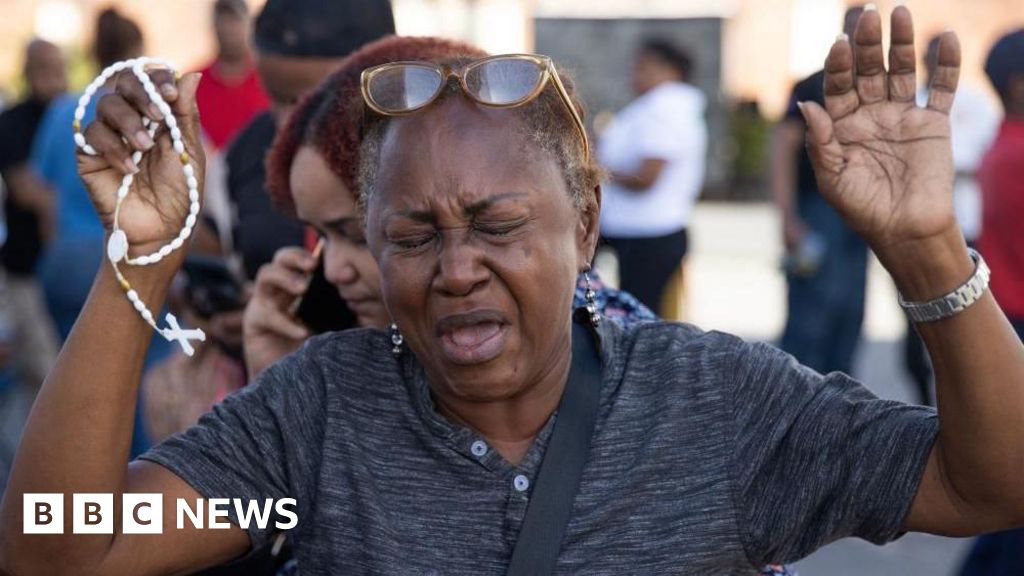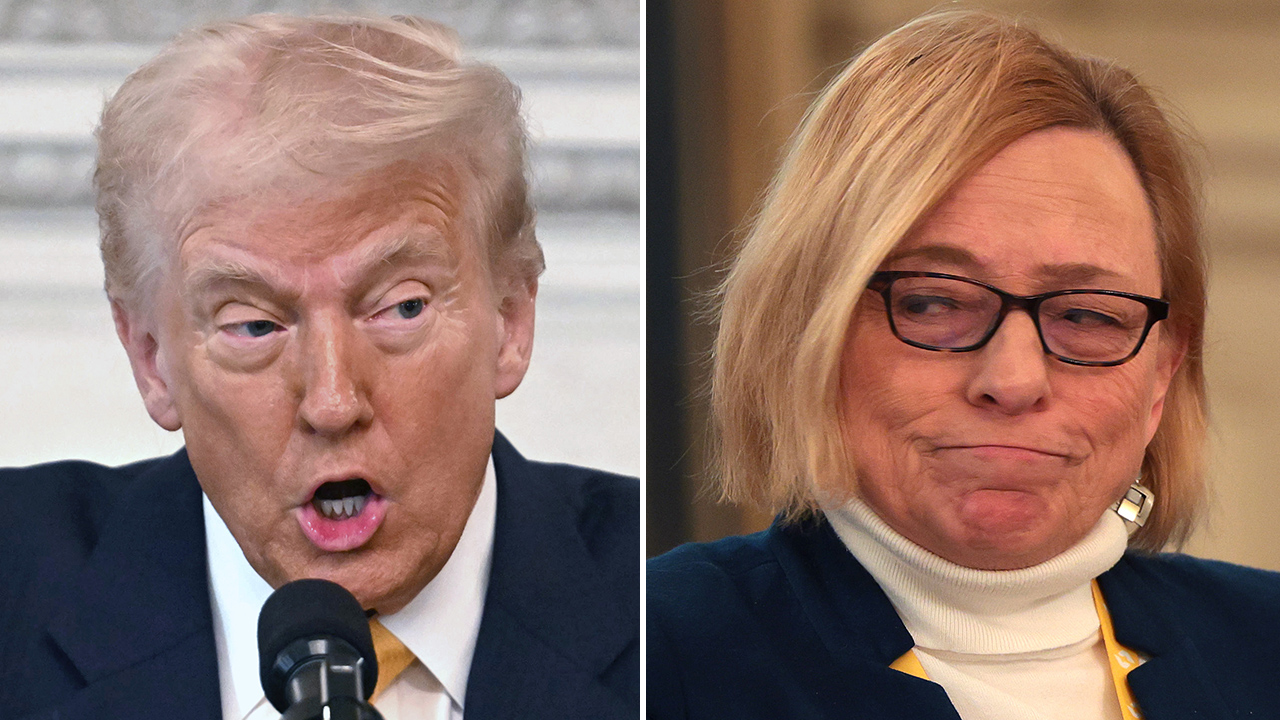ENDORSEMENTS
Sunak, 44, is widely seen as having run a dismal campaign, with anger over his decision to leave D-Day commemorations in France early the standout moment.
In new blows Wednesday, The Sun newspaper switched allegiance to Labour – a key endorsement given the tabloid has backed the winner at every election for several decades.
It follows the Financial Times, the Economist and The Sunday Times as well as traditionally left-leaning papers The Guardian and The Daily Mirror, also endorsing the party.
Meanwhile, three large-scale surveys indicated Labour was on the brink of a record victory, with the Tories set for their worst-ever result and the centrist Liberal Democrats resurgent in third.
YouGov, Focaldata and More in Common all projected Labour would secure at least 430 seats, topping the 418 under Tony Blair in 1997.
The Conservatives could plunge to a record low of less than 127, the trio predicted.
The Lib Dems were tipped to scoop dozens of seats – up from their current tally of 15 – while Nigel Farage’s anti-immigrant Reform UK party was set to win a handful.
YouGov and More in Common both forecast the Brexit figurehead would finally become an MP at the eighth time of asking.
“NATIONAL RENEWAL”
If the predictions are accurate, Sunak will on Friday visit head of state King Charles III to tender his resignation as prime minister.
Starmer will meet the monarch shortly after to take up his invitation to head the next government – and become prime minister.
The Labour leader will then travel to Downing Street – the office and residence of British leaders – where he would be expected to deliver a speech before making ministerial appointments.
It would cap a remarkable political rise for the former human rights lawyer and chief prosecutor, first elected an MP in 2015.
He has promised a “decade of national renewal” but faces a daunting task of revitalising creaking public services and a flatlining economy.




















Discussion about this post